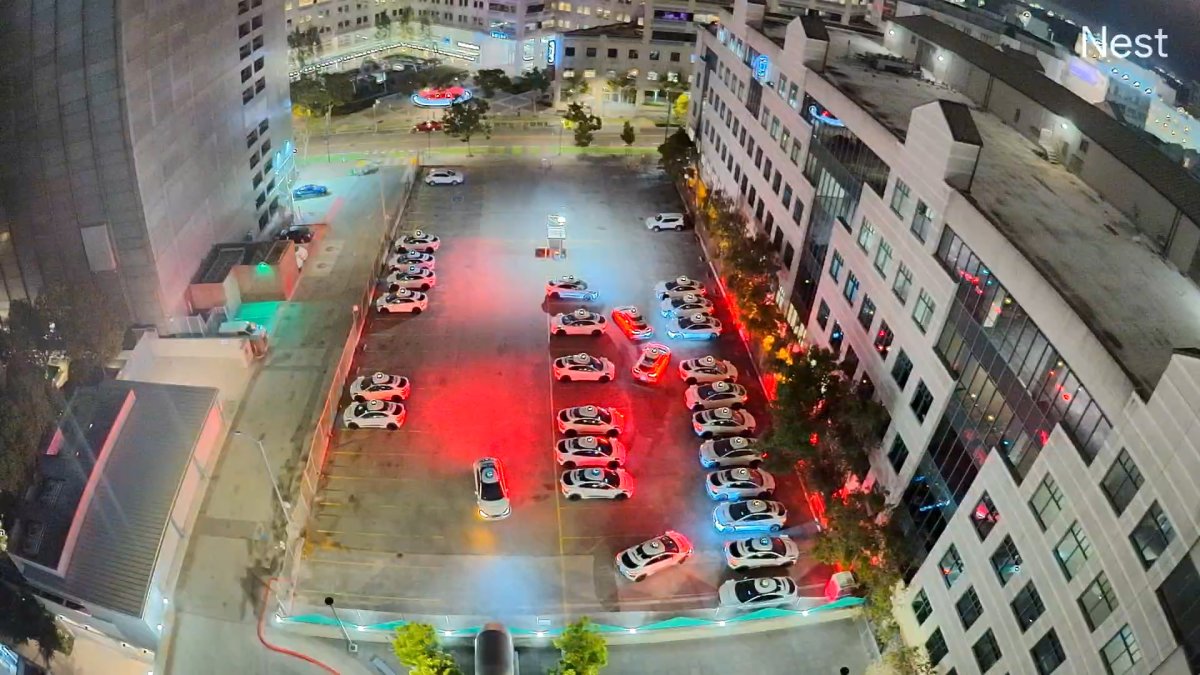Footage of the parking lot isn’t exactly the well oiled machine I’d expect self driving cars to achieve. If they can’t figure out a parking routine in a fully controlled lot how do they manage to navigate public spaces?
I think they react to each other the same as they react to human driven cars, ie there’s no programming of “that cars another Waymo so treat it differently” it seems like one of them sees “that car is about to back in to me” so it executes “friendly honk so they don’t hit me”. When maybe there should be a “it’s another robot, so just trust them” check in the logic, especially when it’s the middle of the night.
We shouldn’t test code in production, so why are we testing safety critical systems around people who could be fatally injured by cars?
We absolutely test code in production all the time. We test it as much as we can in test environments, but users, like real life, have a knack of doing things we just don’t expect. Phoenix and SF are effectively the limited beta test for Waymo. It has to be real world tested at some point. No test environment will ever fully mimic production.
Releasing betas is common and acceptable for non safety critical applications. There are international standards for equipment under control of software which poses a threat to our safety (IEC61508), hence why this is not allowed in many other coutries.
Of course, we don’t release airplanes with software in beta, and they are statistically far less dangerous than cars. Yet cars also pose a threat to people around them who did not consent to be part of it.
Addressing consent first, it was given by the elected officials of the given cities, which is why they only operate in certain cities and only in certain areas of those cities. Anyone that objects to that act should petition for change, or vote for officials that will change it.
Airplanes are a pretty poor comparison. They’re not fully autonomous, nor are they trying to be. But even if they were trying, autonomous airplanes would be operating in so many jurisdiction’s airspace that even getting a short route, say LA to SF, would be almost impossible. Every city and country they fly over would have to approve. Also, every new version of auto pilot in planes is at some point going to release and no one is going to roll their updates out to the entire fleet at once. They’re going to install it in a few, and try it out for a while, then a few more, almost exactly like a beta test, it’s just not called that.
The thing with Waymo is that no matter how much they test, no matter if they prove to be safer than humans by orders of magnitude, it will never be enough for some people. So do we wait for 100% of drivers to consent to them? 90%? Where do we draw the line? If we put it to a vote, it’s 50%+1 of voters, not even drivers. At least with city councils and mayors involved, it can be a much greater majority.
I get that people don’t like them, but I see them as the beginning of a carless future. Autonomous cars will cover situations where mass transit doesn’t work for whatever reason.
Not defending this at all, but the cars are exhibiting a safety reaction: they think they are about to be backed into or something, slam on the brakes, and honk.
Nothing a few well placed traffic cones couldn’t solve.
Why do driverless cars even have a horn installed? Take that shit out. It’s clearly a person only device.
They’ll beep and backup a couple feet when a car in front reverses dangerously close, presumably as an alert to human drivers. Seems okay on paper.
But in these parking lots waymo can’t negotiate a spot amongst themselves, leading to a chain reaction down the whole queue when the front car tries to pull into a spot, misses the mark, and has to back out/cut back into the line.
What’s the reason humans need a horn installed in their car? Whatever it is, it’s the same reason for self-driving cars I guess.
Why?



